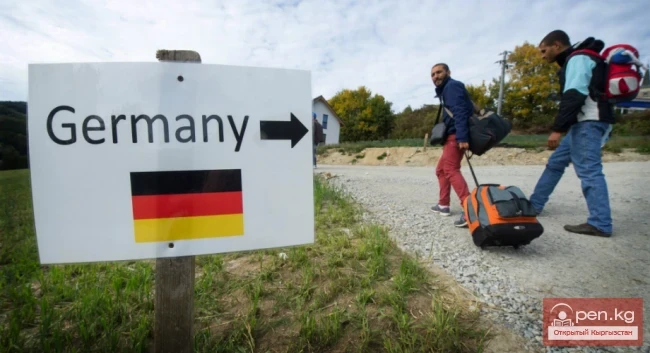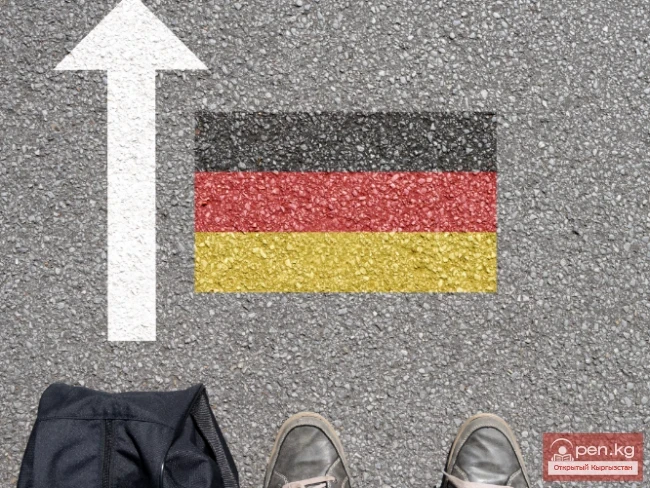Humanitarian Immigration to Germany
People who cannot remain in their country due to persecution or humanitarian disaster can seek asylum in Germany. The candidate must provide substantial evidence to convince the immigration service to grant them protection. To apply for asylum, one must arrive in Germany with any visa and go to a refugee reception center. Those who arrive illegally and seek help at the border receive temporary housing while their case is being processed. They are also provided with food, personal hygiene items, clothing, free medical care, and pocket money. In addition to evidence of persecution, anyone crossing the border must carry identification documents that the immigrant managed to bring: passport, driver's license, birth certificate.
Steps to Obtain Asylum
Contacting officials at the border, police, immigration service, or directly at one of the refugee reception centers;
Receiving confirmation of arrival;
Distribution to one of the federal states of Germany according to quotas;
Placement in temporary housing;
Submitting an application for asylum;
Undergoing an interview explaining the reasons for seeking asylum;
Processing the asylum application within six months;
Issuance of a residence permit for 1–3 years;
Requirement to leave the country if the application is denied.
How to Increase Chances of Obtaining Asylum or Protection
Seek protection by entering Germany legally;
Provide as much evidence of persecution as possible.
Family Immigration
When applying for a visa for entry and obtaining a residence permit/permanent residence or citizenship, the candidate has the right to bring close family members – spouse and children. In this case, a visa application must be submitted for each family member.
Sometimes knowledge of the German language must be confirmed not only by the main candidate but also by family members – this requirement depends on the method of immigration. All family members must submit applications and be present in person when obtaining the visa.
Obtaining German Citizenship
A German passport grants the immigrant political rights and the ability to enter most countries in the world without a visa; however, obtaining it requires renouncing previous citizenship. Since rights to work and social guarantees can also be enjoyed with a residence permit, permanent residence, and Blue Card, obtaining citizenship is not always a vital step for the immigrant.
Requirements for Obtaining Citizenship
Confirmed knowledge of German (from B1);
EU Blue Card, or
Residence permit not obtained for study/internship/volunteering, or
Permanent residence permit, or
Unlimited residence permit in the EU;
Knowledge of the social order in Germany;
Residence in Germany for 8 years, or 6–7 years with successful completion of an integration course and B2 certificate, or 3 years for marriage immigration;
Self-sufficient financial support for oneself and family members;
No criminal record;
Recognition of the values of a free-democratic social order.
Documents Required for Obtaining Citizenship
Current identification (residence permit, permanent residence);
Language proficiency certificate;
Results of the citizenship test;
Certificate of no criminal record from the police;
Certificate of renunciation of previous citizenship;
Other documents as required.
Process of Obtaining Citizenship
Taking the citizenship test;
Contacting the Citizenship Office at the place of residence;
Obtaining the Einbürgerungszusicherung certificate for renouncing citizenship;
Registration at the Russian Consulate at the place of residence;
Submitting documents (exact list and forms provided by the Russian Consulate);
Waiting for the renunciation of citizenship for 6–12 months;
Receiving confirmation of the absence of citizenship;
Filling out the citizenship application (form provided by the German Citizenship Office);
Submitting documents for German citizenship;
Granting German citizenship.
Immigration for Jews to Germany and "Late Resettlers". Part - 3










































